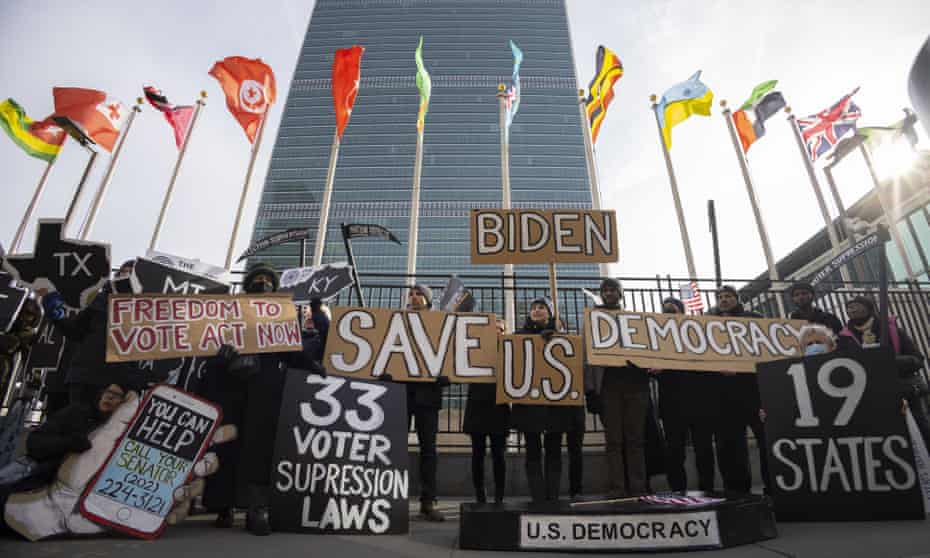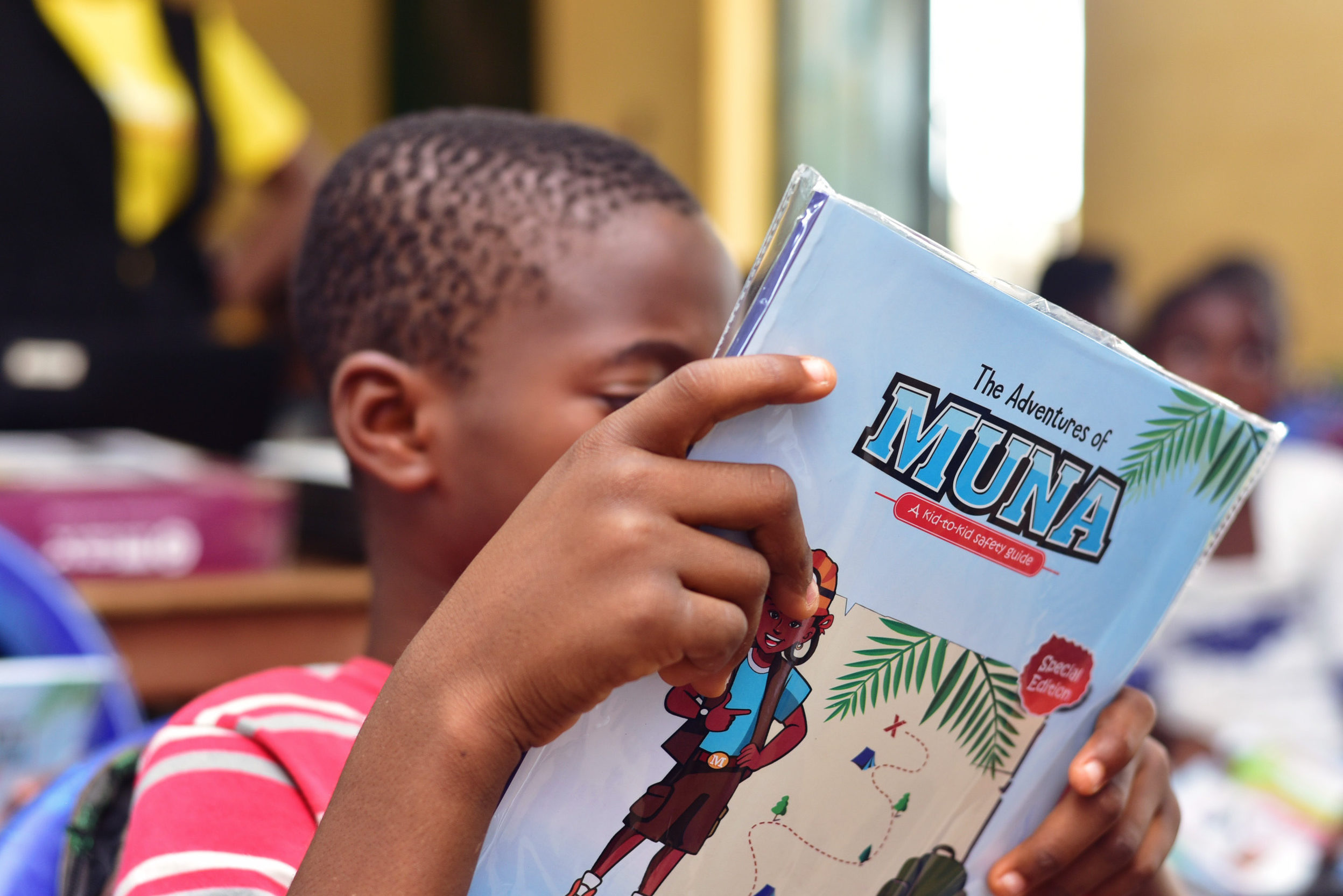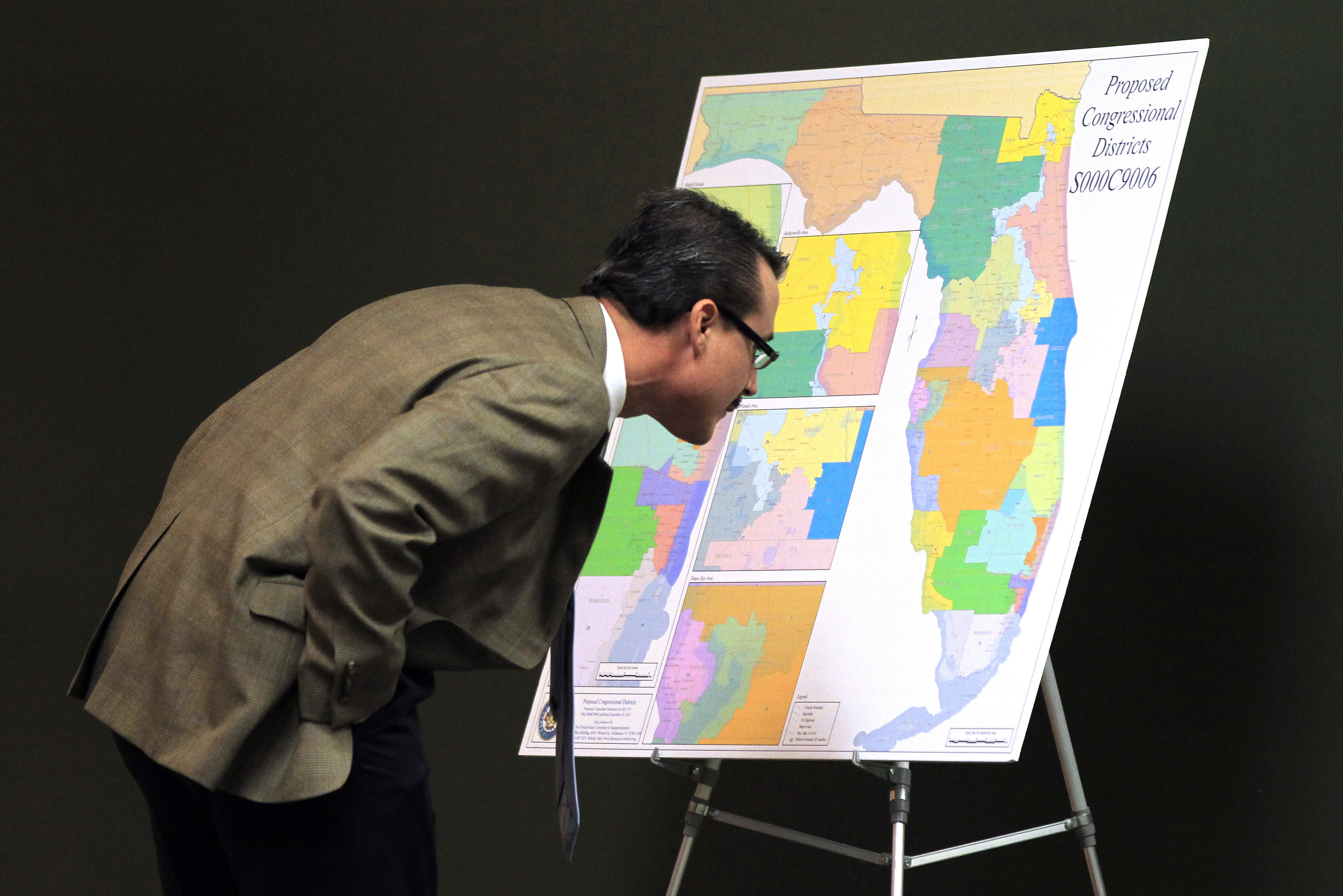Executive Summary
Voter suppression is rampant throughout the state of Georgia particularly through the use of felony disenfranchisement, which is when a citizen loses the right to vote following a felony conviction. Advocates can address this inequity by: 1) maintaining the status quo by affording formerly incarcerated individuals their voting rights following the completion of their full sentence; 2) advocating for those who were convicted of nonviolent offenses to have their voting rights restored once placed on probation or parole; or 3) advocating for individuals to maintain their right to vote regardless of any history of incarceration. Upon assessing the political feasibility, social acceptability, and effectiveness of each option, I recommend the second option.
Background
Felony disenfranchisement is the practice of barring individuals who have been convicted of felony crimes from voting in political elections.[i] It has become one of the largest tactics of voter suppression used in modern day elections, and is especially rampant in the state of Georgia.[ii] As of November 2020 it was reported that over 200,000 citizens in Georgia who were on probation and parole weren’t eligible to vote.[iii] This is due to a Georgia State law that states that anyone who has committed a crime of “moral turpitude” will lose their voting rights. Since moral turpitude has not been clearly defined, this law has been applied to all felony offenses and has disproportionately negatively affected black and brown citizens. This law has ultimately silenced previously incarcerated citizens’ voices in elections and limited their ability to be fully welcomed back to society by continuing to withhold their access to the ballot. In taking steps to rectify this issue and eradicate voter suppression tactics we have to begin looking at granting voting rights to those that have been incarcerated. We saw the impacts of ameliorating voter suppression in the 2020 presidential election when more black and brown people in Georgia had access to the ballot. In granting voting rights to the formerly incarcerated we will begin to have elections with results that truly reflect the actual voice of this country; an endeavor which is both extremely necessary and worth pursuing.
Criteria
This memo evaluates alternatives that address the ways in which felons would be able to receive voting rights using the following criteria:
- Political Feasibility How likely is this alternative to be supported and upheld by local elected officials and governmental bodies?
- Social Acceptability How likely is this alternative to be supported by local residents and business owners?
- Effectiveness How effectively will this alternative address the goals of limiting felony disenfranchisement and in turn increasing the population of voters that are black and brown?
Recommendation
Please consider the options listed below which may be leveraged to help end voter disenfranchisement.
Option One: Maintain the status quo in Georgia by continuing to revoke voting rights upon conviction and then subsequently restoring rights once an individual in the justice system has completed their full sentence.[iv] While this option is more equitable than laws in other states, such as Kentucky, which call for felons to lose rights permanently this is not effective as probation and parole systems leave little room for mistakes that lead to high recidivism rates.
Option Two: Allowing those who were convicted of nonviolent offenses to have their voting rights restored once placed on probation or parole. By restoring voting rights through option two, you are effective in increasing the number of black voters particularly in Georgia, which has the highest rate of people on probation or parole per 100,000.[v] Socially this option would be moderately acceptable especially as attitudes towards nonviolent crimes, such as drug offenses, and criminalization have shifted over the last few years. According to a 2019 study done by the Pew Research Center, two-thirds of Americans support the legalization of marijuana and the number of U.S. adults who opposed legalization dropped from 52% in 2010 to 32% in 2019.[vi] This number has only grown and in the last two years 68% of Americans have shown they support legalization.[vii] In Georgia, cities like Atlanta and Savannah have decriminalized possession of up to one ounce of cannabis and penalties are set at $75 to $300.[viii] Ultimately demonstrating that the public opinion on nonviolent crimes is changing.
Option Three: Total Restoration. Total restoration would mean that in Georgia convicted felons would never lose the right to vote. They would maintain the ability to vote while incarcerated and certainly once they have returned home. This would mirror the current laws in DC, Maine, and Vermont which are the only other states that allow felons to vote. This alternative would be completely effective in goals of eradicating felony disenfranchisement and that aspect of voter suppression. However politically and socially this is the least feasible option. Many do believe that while you are in prison you should be excluded from society and have certain rights and privileges stripped from you.
In order to feasibly and effectively fight one aspect of voter suppression advocates must press for the restoration of voting rights to formerly incarcerated individuals who have been convicted of nonviolent crimes and are now on probation or parole. Option two, first and foremost, would cause lawmakers in Georgia to finally define moral turpitude by deciding which offenses will impact voting rights. This alternative also may alter public opinion pertaining to the criminal justice system by demonstrating the importance of welcoming formerly incarcerated people back into society. Option two is appropriate given the shifting public opinion on previously incarcerated people. While advocating for voting rights will be an uphill battle, we can look at Florida’s approach as a case study. Florida was previously one of four states where all people with felonies permanently lost their right to vote. Through grassroots efforts and community organizing voting rights for over 1.4 million Florida residents with felony convictions that weren’t murder or sexual offenses were restored. Through advocacy and policy change Georgia can too end felony disenfranchisement.
[i] Inderbitzin, Michelle. “Felon Disenfranchisement.” Obo, https://www.oxfordbibliographies.com/view/document/obo-9780195396607/obo-9780195396607-0152.xml.
[ii] “Block the Vote: How Politicians Are Trying to Block Voters from the Ballot Box.” American Civil Liberties Union, 17 Aug. 2021, https://www.aclu.org/news/civil-liberties/block-the-vote-voter-suppression-in-2020/.
[iii] Austin, Deirdre Jones, “These Georgians Can’t Vote on Tuesday. but They’re Mobilizing by the Thousands.” Facing South, 2 Nov. 2020, https://www.facingsouth.org/2020/11/these-georgians-cant-vote-tuesday-theyre-mobilizing-thousands.
[iv] “State Voting Laws & Policies for People with Felony Convictions – Felon Voting – Procon.org.” Felon Voting, 24 Aug. 2021, https://felonvoting.procon.org/state-felon-voting-laws/.
[v] February 11, 2020. “Georgia No. 1 for Most People on Probation or Parole.” Atlanta Daily World, 24 Mar. 2020, https://atlantadailyworld.com/2020/02/11/georgia-has-the-no-1-most-people-on-probation-or-parole/.
[vi] Daniller, Andrew. “Two-Thirds of Americans Support Marijuana Legalization.” Pew Research Center, Pew Research Center, 30 May 2020, https://www.pewresearch.org/fact-tank/2019/11/14/americans-support-marijuana-legalization/.
[vii] Gallup. “Support for Legal Marijuana Holds at Record High of 68%.” Gallup.com, Gallup, 20 Nov. 2021, https://news.gallup.com/poll/356939/support-legal-marijuana-holds-record-high.aspx.
[viii] “Is Weed Legal in Georgia? Georgia Marijuana Laws.” Weedmaps, https://weedmaps.com/learn/laws-and-regulations/georgia.

Niya Ray is a first year MPA-PNP student specializing in Advocacy and Political Action. She is a recent graduate of Spelman College where she holds a BA in Political Science and is committed to social justice policy particularly voting rights issues and the transformation of the criminal justice system.




